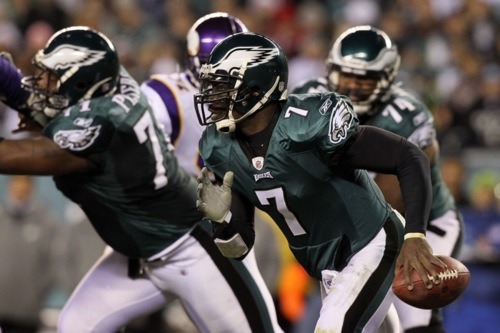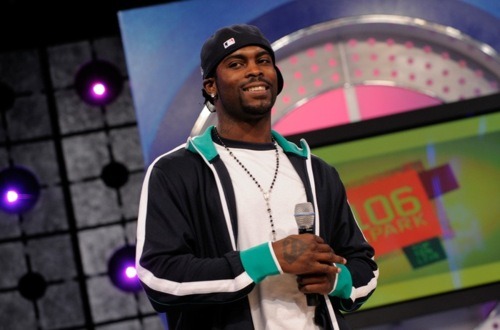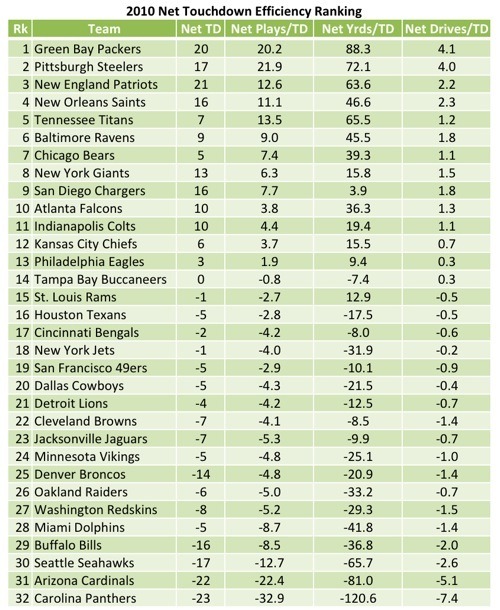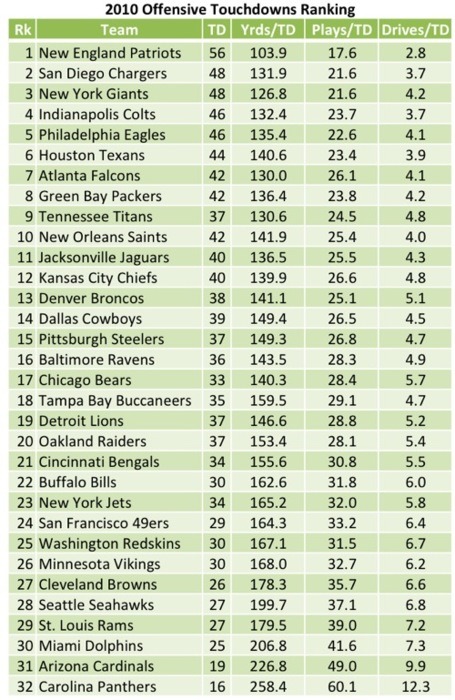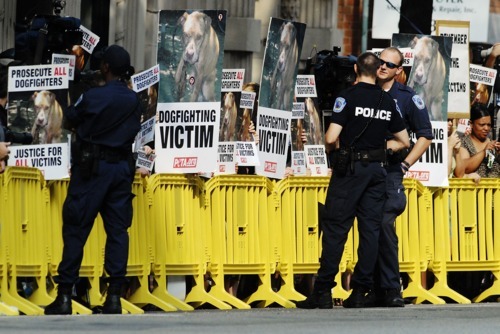
One of the authors of the brilliant pop culture analysis blog Overthinking It wrote an interesting article after it was revealed that Arnold Schwarzenegger committed adultery and fathered a child with his maid. The main gist of the post deals with our relationship as fans of public individuals — such as actors — who engage in immoral actions in their private lives. The author grapples with a simple question:
What does it mean to be a fan of someone’s work, rather than a fan of that person? Is such a distinction even possible?
This type of problem applies to our fandom regarding a wide range of other actors and stars, as well as politicians of all parties. Is it possible to continue to support someone after they’ve done something morally repugnant?
When Anthony Weiner tweets pictures of, well… his weiner, it’s easy to denounce him and call for his resignation. But what if you agree with his politics? Scorn flows effortlessly after Schwarzenegger’s actions, but must we disavow his movies as well?
Perhaps in a previous era, when we didn’t know as much about our stars and heroes, turning a blind eye was the obvious answer. Now, even if we choose to accept their private actions, we can’t definitively separate what we know from the person in front of us, be they on the movie screen, the floor of the House of Representatives, or… running by defenders into the end zone.
Yes, ultimately this post comes back to Michael Vick.
Eagles fans seemed as outraged as anyone else when Vick’s dog fighting ring came to light. But time passes, and before we knew it there was #7 in midnight green. Some people immediately and permanently disavowed the team. Most fans adjusted, either by learning to support Vick, or by trying to dissociate his off the field crimes from his on the field feats.
Neither choice is wholly satisfying. The section of fans who quit the Eagles (and I’d venture it was a small sliver) certainly have moral satisfaction. Yet, many of us explicitly or implicitly found that the cost of abandoning our team loyalty wasn’t so easy. We wanted to both root for Vick and condemn him simultaneously. That’s a tremendous burden of cognitive dissonance.
Perhaps more than politics and film, sports fandom rests on an unambiguous moral authority. The Eagles become a sacrosanct piece of ourselves that we support against the corrupt outsiders in Dallas, New York, and Washington. The insults we hurl at opposing teams and fans far surpass what we could get away with in any other context. Disloyal stars take on new dimensions as traitors. This is part of the fun.
Unfortunately, I don’t see a way to reconcile the dissonance. We’ve ceded the high ground and prevented ourselves from being fans with the same moral vigor that we easily held before. With more time and more community service from Vick, we might be able to slowly assuage our lingering doubts. But at the end of the day I just can’t like the guy 100 percent, and that’s enough to taint every touchdown, every scramble, every spectacular pass just a little bit.
Photo from Getty.
